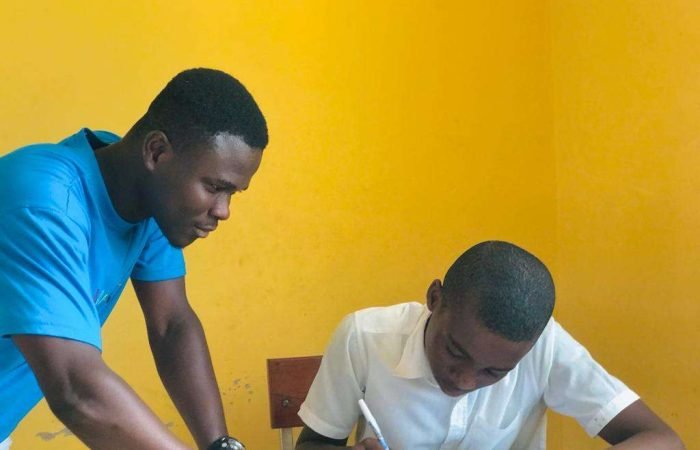Educate children. Education is one of the best solutions to poverty.
Parents are the best teachers. They are constantly Educating children and testing them to see if they can handle a job that requires them to think, analyze data, and remember details. If you want to avoid becoming a statistic-balled statistician or a statistics teacher who can’t teach children anything, think again! Your child is only as bright as their parents are. Educating your children about important topics will help them build healthy habits that last long-term rather than damaging them from early on. The more you know about them, the better equipped you’ll be to help guide your kids toward a happier future.
What is education for?
Children are naturally curious and want to know everything when they are young. They want to know about everything. This can lead to frustration for parents since they can’t keep up with the endless conversations, questions, and assignments. However, as time passes, curiosity and a brain ready to be trained grow into an understanding mind. As a parent, you are the source of this knowledge and skill. You are helping your child succeed. You are enabling them to become productive adults.
Why teach kids to think?
A transparent, concise, and organized culture in which to learn can make a world of difference in the long run. We have discussed the advantages of having a culture of inquiry and discovery, but what about the benefits of a growth culture? You must give them different things to consider to get the most out of your child. You can’t just ask them to think about their favorite subjects. You have to give them something to think about. Let them analyze data, write papers, and think about solutions.
Read More: One Child, Two Meals per Day Program
How to educate your child
Getting your children to engage in active, creative, and problem-solving activities that keep them engaged and challenged is essential. These activities should be challenging but doable. Explain to your child that they are doing this to achieve a purpose and that the more they succeed, the more productive they will be. Set realistic expectations for your child since failure is a part of learning. Be clear on what your child needs to know and help them identify areas where they might be lacking. If you find that someone is receiving some treatment for mental illness, talk to them about the stigma surrounding the issue and help them understand that people are often confused about mental illness and its meaning.
Happy kids are productive adults.
Your child is an adult now. They have jobs, families, family anger management practices, and access to products they might not otherwise be able to afford. It is not because they are doing something wrong if they are unhappy. It is because they are doing something right. The best way to handle this is to be consistent and consistent with your expectations. Remember, you are teaching your kids that they can do whatever they want and for whomever they want. This is the foundation of positive citizenship and a productive work environment.
It’s not about the numbers!
When it comes to children’s happiness, there are a few things you can take heart from. A lot of people ask us why we should care about happiness. The simple answer is that we want to know why people are happy. The question is, do we know the best way to ask people to be happier? We do. We want to know what makes someone most comfortable and what makes them work harder. Educate children. We want to know how they care for themselves and their family members. We want to know how they are spending their free time. We want to know how they are spending their energy. The best way to get these answers is to ask kids. The more open-minded you are, the more you will receive comfortable answering questions. Once you know what makes people happy, you will never return to being closed-minded.




